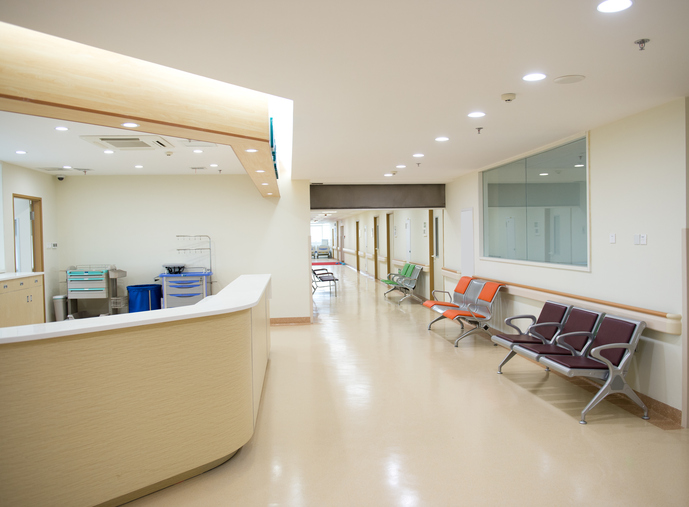Finding good healthcare can be a pain, but in the transgender community, other barriers add to the process.
Many people jump through hoops in order to ensure that their healthcare plans are active and will cover the health issues that they face. The reality is that for many, paying for health insurance is an added burden because of the high cost for deductibles and premiums. Add in the fact that if you have a pre-existing condition, many insurance providers aren’t willing to cover you or will hike up prices, and you’re up against a complicated process.
For some transgender folks, these typical healthcare worries come with an extra layer of concerns: will they even receive medical treatment? The Affordable Care Act of 2010 mandated that healthcare providers couldn’t discriminate against patients on the basis of sex, but many equal-rights groups out there are still working on ensuring that this is true of healthcare providers across the nation.
A study done by the National LGBTQ Task Force shows that one in four transgender people delay looking for healthcare due to discrimination. The same study reports that 19% of those who participated in the survey have been denied healthcare before on the basis of being transgender.
According to the National Center for Transgender Equality, some problems transgender people may run into violate federal protection acts. For one, healthcare providers can’t deny people in the process of transition insurance coverage. The federal government is working to provide coverage for gender reassignment surgery for U.S. veterans at the moment. While not legally required under the Affordable Care Act, Veteran Affairs is making the change.
Other advocates are working to connect transgender people to resources out there for them. MyTransHealth helps people who are transgender find healthcare providers in their area. The 2015 startup is one of the first mainstream sites of its kind, working to serve a niche that goes under filled.
This could be especially vital in suburban and rural areas, as licensed physicians may not be as easily accessible or well known. The website not only connects visitors to physical healthcare providers, but to mental health and legal resources, which is especially important for people who need to challenge discriminatory policies they may be the victims of.
Places like MyTransHealth look for “culturally competent” providers in the area, according to their website. It goes the extra mile to think about what would make someone comfortable when visiting their nearby doctor or clinic, such as gender-neutral bathrooms or having documented training in working with the trans community.
With MyTransHealth and other trans advocates serving as pioneers in an underserved aspect of healthcare, it is safe to say that healthcare for the trans community is looking to become more manageable.




comments